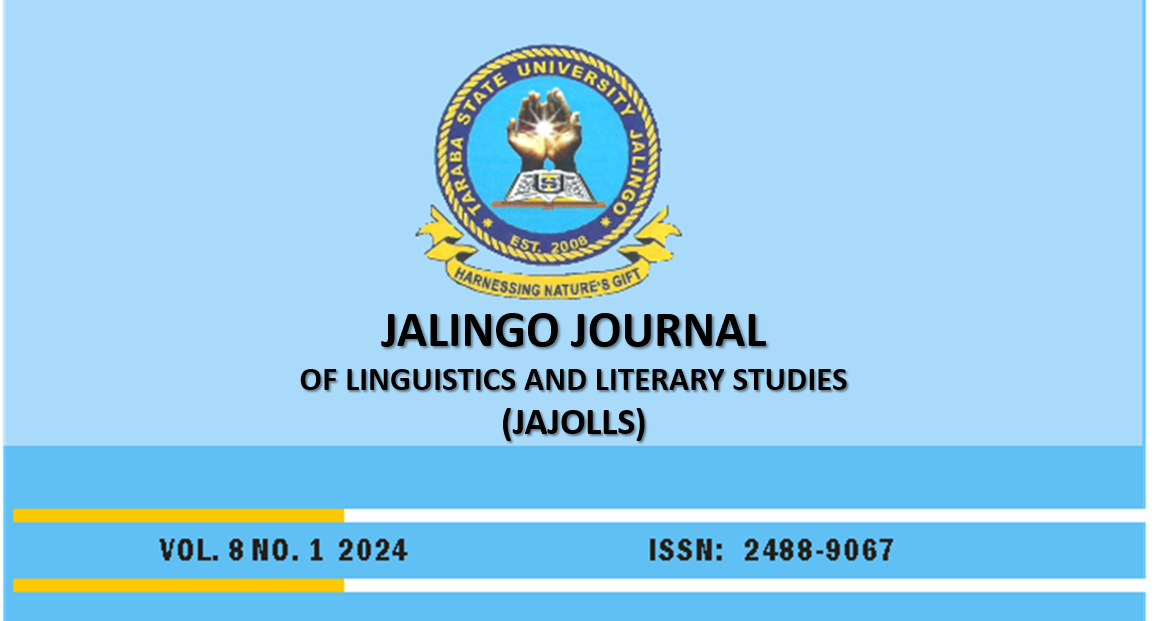Impact of Code-mixing/switching on the communicative competence of Mumuye students of English language in College of Education, Zing, Taraba State
Keywords:
Impact, code-switching, code-mixing, communicative competenceAbstract
The paper investigates the impact of code-switching/code-mixing on the communicative competence of Mumuye students of English language in the College of Education, Zing, Taraba State. It identifies and discusses the impact of code-switching/code-mixing and how it affects the communicative competence of students. The objective is to probe into some ways in which it causes poor communication competence and also create awareness among students on how it impacts their effort to learn the Mumuye language. The method used in the work is a descriptive survey research design, while the instrument used for data collection is a structured questionnaire. The scope of the study is limited to Mumuye students of English. The target students are 300 level; the sample size is 100 students that represent the entire 300 level students, 60 from English and 40 from Mumuye language department, respectively. The theory of codeswitching/code-mixing by J.P. Pride and Hymes’ theories of communicative competence and competence theory by Noam Chomsky are applied in the paper. The data is presented and analyzed. The findings reveal that the factors that trigger code-switching and code-mixing were mostly lack of vocabulary and competence in English language. They occur between people who share or understand both languages used. It recommends that research could also venture into the psychological effect of code-switching and code-mixing on students in regards to English language learning as a second (L2) or Nigerian official language.

